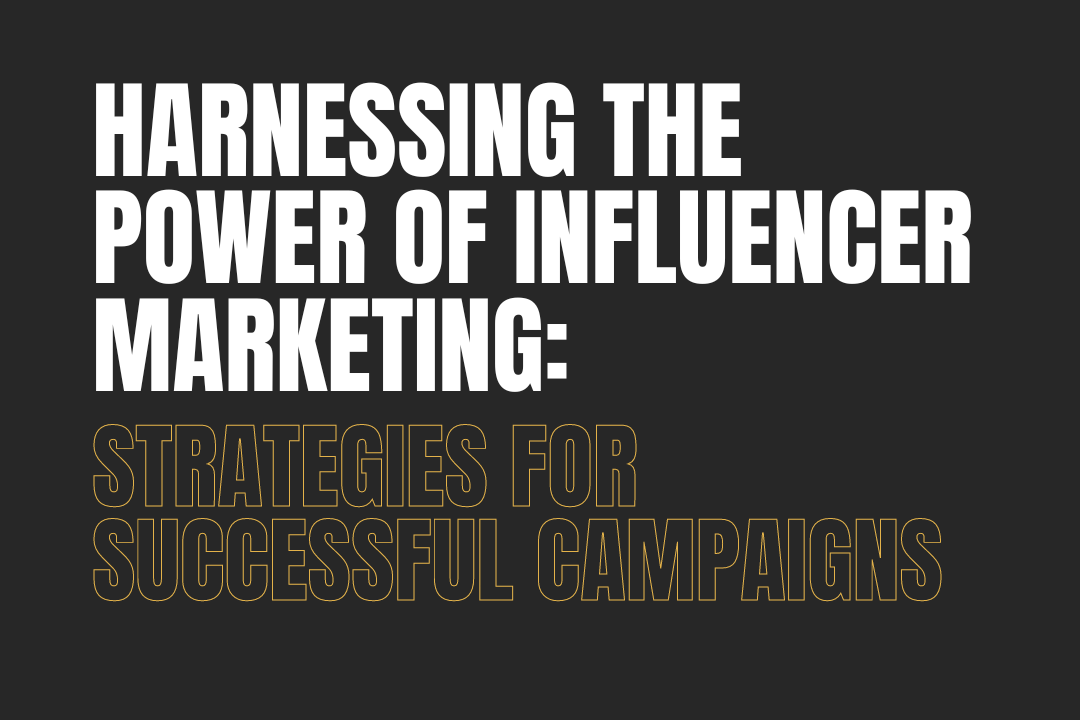In the age of social media, influencer marketing has emerged as a powerful strategy for reaching and engaging target audiences. But with the evolving landscape, it’s essential to navigate influencer partnerships strategically. In this blog post, we delve into the world of influencer marketing and share effective strategies for success. Gain insights into selecting the right influencers, measuring campaign impact, and ensuring transparency to maximize your influencer marketing efforts.
Influencer marketing has grown exponentially in recent years, becoming a key component of many successful marketing campaigns. By collaborating with influencers who have established credibility and a loyal following in specific niches, brands can tap into their influence to reach and engage their target audiences authentically.
However, with the increasing number of influencers and the rise of fake followers, it’s crucial to approach influencer marketing strategically. To help you navigate this ever-evolving landscape, consider the following strategies:
-
Define your campaign objectives and target audience: Before diving into influencer partnerships, clearly define your campaign objectives and identify your target audience. This will help you align your brand with influencers whose values, audience demographics, and content align with your goals.
-
Research and vet influencers: Thoroughly research potential influencers to ensure they are a good fit for your brand. Look at factors such as their content quality, engagement rates, audience demographics, and alignment with your brand values. Authenticity and relevance should be your top priorities.
-
Establish genuine relationships: Building authentic connections with influencers is key to successful collaborations. Take the time to engage with influencers, follow their content, and genuinely interact with them before reaching out. This helps establish rapport and shows that you value their work.
-
Measure and track campaign impact: Establish measurable key performance indicators (KPIs) to assess the effectiveness of your influencer marketing campaigns. Track metrics such as reach, engagement, website traffic, conversions, and brand sentiment to evaluate the impact of your collaborations.
-
Ensure transparency and disclosure: Transparency is crucial in influencer marketing. Work with influencers who adhere to disclosure guidelines and clearly disclose their partnerships with your brand. This builds trust with their audience and ensures compliance with relevant advertising regulations.
Influencer marketing can be a powerful tool when executed strategically. By defining your objectives, researching and vetting influencers, building genuine relationships, measuring campaign impact, and ensuring transparency, you can drive meaningful results and build long-term partnerships with influencers.


